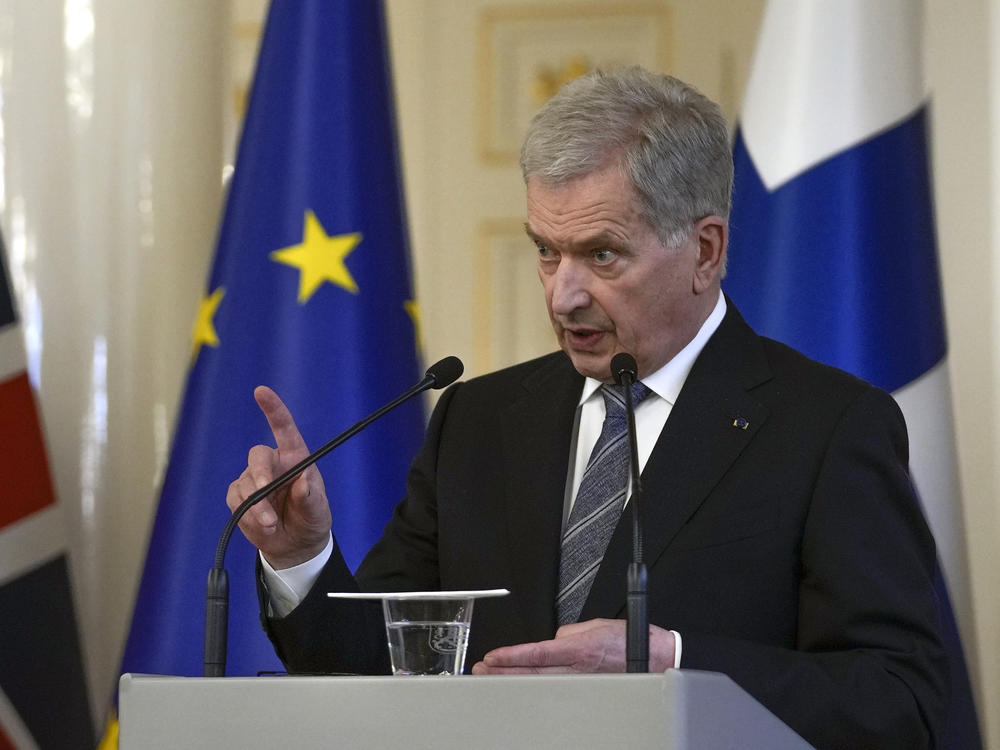Section Branding
Header Content
Russia-Ukraine war: What happened today (May 12)
Primary Content
As Thursday draws to a close in Kyiv and in Moscow, here are the key developments of the day:
Finland announced that it wants to join NATO. Russia's invasion of Ukraine prompted the country, which shares an 830-mile border with Russia, to shift from its long history of neutrality and military nonalignment. Kremlin spokesperson Dmitry Peskov called Finland's entry into NATO a threat to Russia. In a recent poll, nearly three-quarters of Finns supported joining the military alliance. Finland is already a member of the European Union and has been a NATO partner since 1994.
Siemens is leaving Russia after nearly 170 years. The German industrial giant put all new business and international deliveries in Russia and Belarus on hold at the start of the war. Now it says it will exit the Russian market entirely, calling the decision a direct consequence of Russia's war in Ukraine. Siemens employs some 3,000 people in Russia, according to Reuters. Most of its business there involves service work on high-speed trains.
The Russian-installed government in the Ukrainian port city of Kherson will ask Russian President Vladimir Putin to annex the area, according to Russian state media. It's the latest evidence that Russia wants to claim more territory in Ukraine. In response, Mykhailo Podolyak, an adviser in the Ukrainian president's office, vowed: "The Ukrainian army will liberate Kherson."
The U.N. Human Rights Council voted in a special session to investigate possible rights abuses in northern Ukraine. China and Eritrea voted against the resolution. U.N. High Commissioner for Human Rights Michelle Bachelet referred to "egregious human rights violations that have occurred" in the Kyiv and Chernihiv regions. The U.N. suspended Russia from its top human rights body last month.
Special report
Russia's war in Ukraine is changing the world: See its ripple effects in all corners of the globe.
In-depth
One man stands between Europe and a ban on Russian oil: Hungary's Viktor Orban.
Among the many losses of the war in Ukraine: nearly 5 million jobs.
Russia's war in Ukraine could become a "frozen conflict," analysts say.
Earlier developments
You can read more news from Thursday here and more daily recaps here. For context and more in-depth stories, you can find NPR's full coverage here. Also, listen and subscribe to NPR's State of Ukraine podcast for updates throughout the day.
Copyright 2022 NPR. To see more, visit https://www.npr.org.

